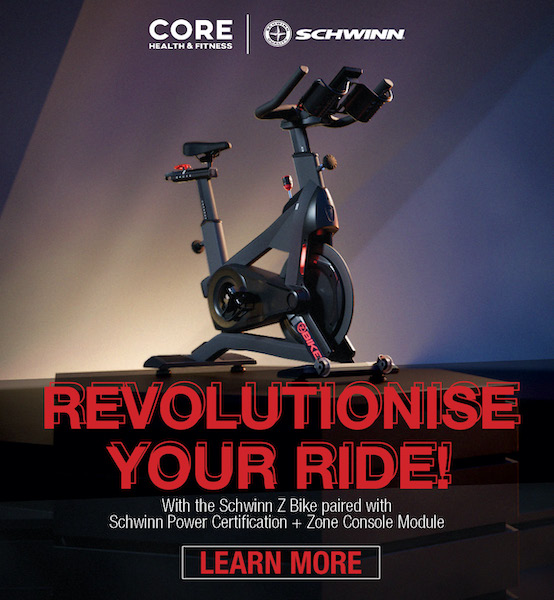Automaticity – creating exercise habits that stick
Bryce Hastings, head of research at Les Mills, explains the latest research into exercise motivation, giving tips on how to engage hard-to-reach members
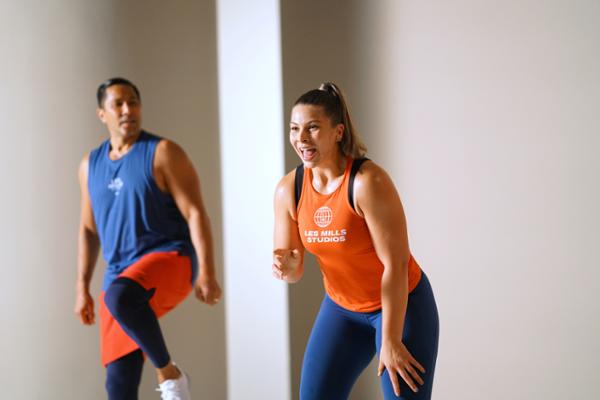
I’m generally not a jealous person, but as someone involved with health and exercise research, I must admit to being somewhat envious of the dental profession. How did dentists manage to convince the vast majority of us to brush our teeth twice a day without even thinking about it? Imagine if we could do that with movement and exercise?
This habitual approach to dental hygiene and other such routines is known as automaticity – something we do automatically without thinking about it or going through a conscious decision-making process – it just seems to happen.
Activities with high levels of automaticity happen even when we face obstacles, so just imagine if we could all approach exercise in the same way.
The pandemic has prompted consumers to reprioritise their health, with 50 per cent of people now focusing more on their wellbeing, according to the recent Global Fitness Report (www.lesmills.com/global-fitness-report). And with the latest Google data showing search-indicated demand for gym memberships is at sustained all-time-highs, there’s significant growth potential for operators as COVID restrictions recede and clubs return to full capacity.
But creating an exercise habit that sticks remains a challenge – one the industry has yet to truly crack. The stats remind us that a vast number of new exercisers fail to establish a long-term fitness habit.
As someone who has the same mentality towards exercise as brushing my teeth, I’ve long been fascinated by the prospect of cracking the code to this mystery. What is it that enables my exercise behaviour to stick and become automatic, while others disengage and stop exercising?
About the study
To explore this, Dr Jinger Gottschall, adjunct associate professor at the University of Colorado, and I set out to investigate the differences in attitudes between a group of habitual exercisers who had been regularly active for at least 10 years, and a group who had been mostly inactive for the same period. The two groups were age- and gender-matched, so we could draw comparisons.
Unsurprisingly, we found 100 per cent of the active group strongly agreed that exercise is an automatic aspect of their lives, whereas 92 per cent of inactive people disagreed.
To determine why this might be, we examined their perceptions of exercise. In the active group, 92 per cent said they always experience positive feelings from exercise (such as enjoyment, feeling energised and accomplished), compared to just 23 per cent of the inactive group.
That was a surprise – I would have anticipated that even if you don’t exercise regularly, the times you do exercise would instill a sense of positivity, but apparently that’s not always the case.
The study also found the active group were more motivated by the physical, mental, and self-esteem benefits brought by exercise, compared to the inactive group.
However, the biggest difference was in perceptions of the social benefits – 84 per cent of the active group were motivated by the social aspects of exercise (exercise as a source of entertainment, fun, and means of seeing friends), versus just 48 per cent of the inactive group.
How about attitudes to exercise intensity? 77 per cent of the active group preferred incorporating challenges into their exercise (such as pushing through exhaustion, muscle soreness, and upping the intensity), while 70 per cent of the inactive group said they didn’t enjoy challenges.
The active group were also more likely to track their exercise and set goals, but the most notable differences were how the active group focused on the health benefits of exercise (82 per cent vs 45 per cent of the inactive group); scheduled specific times for exercise (77 per cent vs 36 per cent); and planned ways to ensure they exercise regardless of conditions (84 per cent vs 38 per cent).
Barriers to exercise
Lack of motivation, time, and facilities were all seen as bigger barriers to exercise by the inactive group than the active group. But the clearest contrasts were lack of social support (reported by 51 per cent of the inactive group, versus just 8 per cent of the active group); lack of interest in exercising (66 per cent vs 15 per cent); and feeling self-conscious (49 per cent vs 8 per cent).
In my role as Les Mills head of research, I’ve spent many hours creating workshops so our group fitness instructors can take full advantage of these learnings, however, these insights transcend the group exercise environment. Our job is to take someone who is unsure about visiting a health club, who probably turned up because they feel they have to exercise and reassure them, converting them into someone who wants to exercise.
Focusing on social elements and providing an exercise environment they enjoy may be what tips someone from feeling they should exercise, to feeling they want to.
For those of us already happily in the teeth-brushing category of exercise adherence, helping others to find the fun in fitness holds the key to inspiring even more positivity.
Keep it positive
Don’t assume that just because someone has turned up, they’ll leave feeling positive about their exercise experience. You may need to emphasise and reiterate the progress they’re making.
Provide Social Support
People generally do better in groups –feeling as though someone else is in the same boat is hugely reassuring.
Leave the challenges for later
Focus on frequency and regular attendance before intensity.
Enjoyment is a much better
motivator than physical results
Shift the priority from the most effective option, to what they’ll want to come back and do again.
Keep confidence levels high
Breaking a habit into small, achievable chunks with an intensity level people feel they can cope with is key to maintaining a sense of confidence.
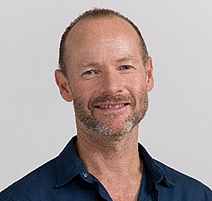
Bryce Hastings, head of research at Les Mills

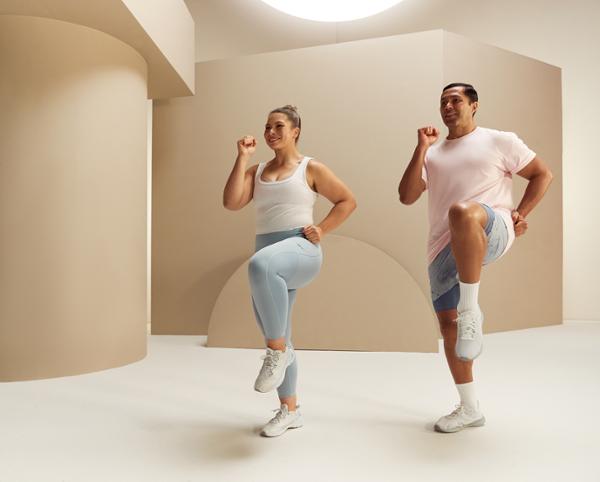
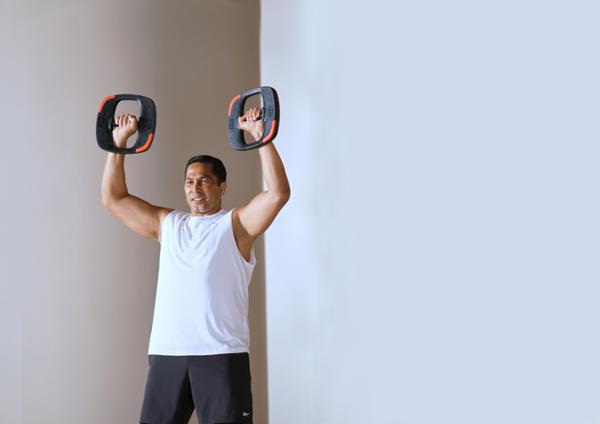
Swimming Teacher (Saturdays)
Recreation Assistant
Commercial Fitness Manager
Exercise Referral Co-ordinator
Assistant Regional Director
Sport Centre Team Leader
Team Leader BSV
Lifeguard/Recreation Assistant
Casual Swim Teacher
Team Leader
Lifeguard/Recreation Assistant
Leisure Centre Deputy Manager
Duty Manager
Duty Manager Golf and Athletics
Centre Manager (Leisure)
Fitness Motivator
Recreation Assistant/Lifeguard (NPLQ required)
Recreation Assistant
Swimming Teacher
Swimming Teacher
Company profile

Featured Supplier
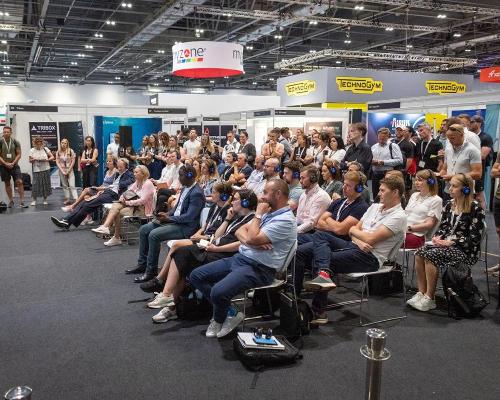
Property & Tenders
Company: Knight Frank
Company: Belvoir Castle
Company: AVISON YOUNG
Company: London Borough of Bexley
Company: Forestry England












